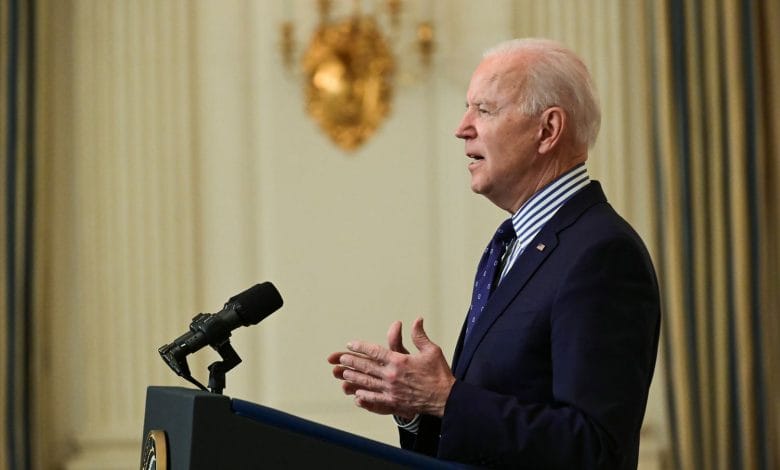
Biden has huge plans. I say go for it.
Former New York governor Mario Cuomo famously observed that a politician campaigns in poetry and governs in prose. Biden campaigned, to the extent he could, in little-noticed policy papers that many people are now surprised to see him trying to implement. The twin disasters of Donald Trump and the pandemic blotted out much in the way of policy discussion, and understandably so. The election was, as Biden said, a battle for the soul of America, not for paid family leave.
Even so, the scope of Biden’s ambitions, and his insistence on not jettisoning campaign policy dreams in the face of political constraints, marks a striking difference from the more limited ambitions of his predecessors.
“I have to say that we all know our government has been just great at building programs,” Clinton said in his first address to Congress in 1993. “The time has come to show the American people that we can limit them, too, that we cannot only start things but we can actually stop things.”
And Barack Obama, in the midst of the financial crisis that opened his presidency, cautioned in his maiden speech, “My budget does not attempt to solve every problem or address every issue. . . . Everyone in this chamber, Democrats and Republicans, will have to sacrifice some worthy priorities for which there are no dollars.”
Biden’s seemingly unlimited agenda, by contrast, reflects two new realities. The first is a far more progressive Democratic Party. If Clinton needed to present himself to moderates as a different kind of Democrat, Biden needs to present himself to progressives as a different kind of Democrat than they feared he was. He has to keep on board the left flank of his slim congressional majority as well as woo the right.
The second is a seemingly bipartisan consensus, in the face of once-unimaginable deficits, that deficits don’t matter. (At least not deficits created by the party whose proposals — spending for Democrats, tax cuts for Republicans — are on the table.) Democrats aren’t about to sacrifice their priorities on the altar of fiscal discipline after seeing Republicans bloat the national debt by more than one-third, $7.8 trillion, during the Trump years.
In this vastly changed political environment, I say: Go for it, even at the astonishing overall price tag of more than $6 trillion. It’s healthy for the country to have a debate between two competing visions of what government could do. It’s urgent for our society to reduce income inequality — exacerbated by the Trump tax cuts and deepened by the pandemic — and address inequality, the associated problem of racial equity. It is also smart politics to strike early, when you still have the majority, the momentum and your rivals on their heels. You may get more than you expect.
I would means-test the beneficiaries more than Biden proposes, but expanding early childhood education and providing free access to community college, with accompanying quality metrics, would help provide a platform for success to millions of children. Why should kids born into less-well-off families not enjoy the jump-start in life that mine enjoyed — at least as much of a start as government can help provide?
And, instead of parsing the precise meaning of what counts as infrastructure, why not ask the more fundamental question: What mechanisms do people need to be able to work effectively, and what role should the government play in helping supply them, whether those are roads and bridges, or reliable broadband, or affordable child and elder care?
The pandemic has driven millions of women, particularly women of color, out of the workforce. Meanwhile, the population is aging, imposing a new set of care demands that will also be borne disproportionately by women. Paid family and medical leave are standard in other countries.
What Biden is proposing would be transformative without transforming the fundamental role of government. And his proposed method of paying for most of this spending — increasing corporate tax rates (although not back to the level they were during the Obama administration) and raising taxes on the wealthiest individuals — is more than fair.
Corporations and the wealthy have prospered during the pandemic; it is reasonable to ask them to share some of the wealth they have accrued at wildly tax-advantaged rates. Yes, Biden has unwisely boxed himself in by promising, and restating his intention, not to raise taxes on anyone making less than $400,000 annually. But why not at least begin by raising taxes on the richest?
It’s naive to imagine that Biden’s plans will pass in their entirety — probably not even close. But this would be a better, fairer country if they did. And there’s something to be said, as Ronald Reagan put it, for a president laying out his vision in bold colors, not pale pastels.
